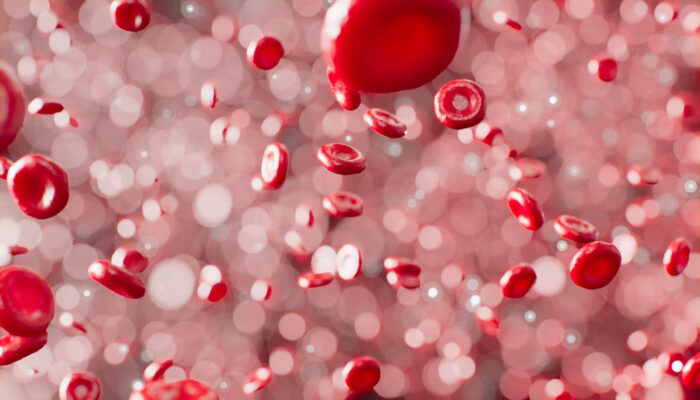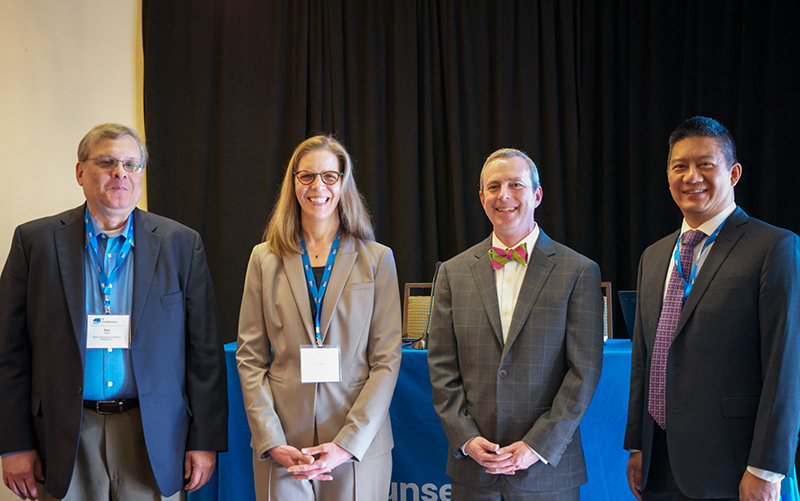New findings from one of the largest studies assessing the worldwide burden of sickle cell disease (SCD) were released just before World Sickle Cell Day, June 19.
The Sickle Cell Health Awareness, Perspectives and Experiences (SHAPE) survey was conducted by Global Blood Therapeutics, Inc. (GBT), a member of the Biotechnology Innovation Organization (BIO). Over 1,300 patients, caregivers, and healthcare professionals from 10 countries shed much-needed light on the misunderstood realities, hidden burdens, and care issues of SCD.
“Our aim for this survey is to add to the body of knowledge around better understanding and characterizing the misunderstood, under-reported experiences and unmet needs of people living with SCD, as well as those caring for and treating people with the condition,” Kim Smith-Whitley, MD, Executive Vice President, Head of Research and Development, GBT said in a statement.
How this genetic blood disorder affects patients’ everyday lives
The study highlights the significant impact of this rare genetic blood condition on everyday life for patients, including fatigue, pain, and mental health problems, in addition to impacting their ability to attend and be successful at school or work, and thereby reducing their earning potential.
Ultimately, the results demonstrated the importance of increased general knowledge and comprehension of SCD among health care workers, as well.
“Sickle cell disease is a lifelong condition that causes damage in the body and has a profound impact on the quality of life of those who suffer from it and their caregivers,” Baba Inusa, MD, Professor and Consultant of Paediatric Haematology said.
The majority of survey participants (93%) said lowering their risk of long-term health difficulties caused by SCD, such as organ damage, was essential to them.
Greater awareness of SCD is needed
Another key finding is that a significant number of SCD patients experienced mental health symptoms in the previous year, with 62% reporting feeling melancholy, low mood, or down, and 57% reporting concern or uneasiness.
Also, more than half (54%) of SCD patients reported receiving unsatisfactory care from emergency medicine specialists in the past owing to such physicians’ lack of expertise regarding SCD.
“The challenges for patients seem endless and this survey highlights that, in spite of this, patients do not feel heard,” Dianaba Ba, Director of Operations, SOS GLOBI: The Federation of Sickle Cell and Thalassemic Patients, and an individual who lives with SCD, said. “They continue to face acute physical but also emotional damage, stigma and discrimination.”
You can find more about the survey here.




